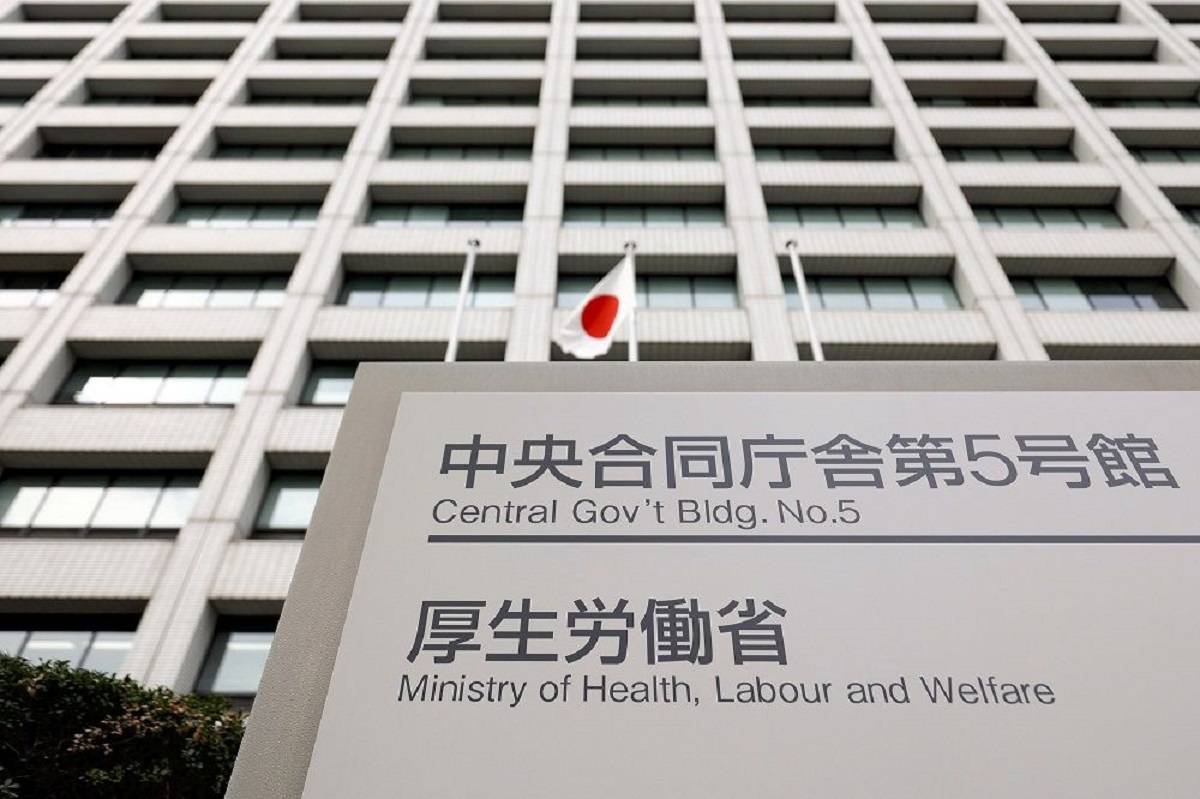Japan Eyes Eliminating ‘¥1.06 Mil. Barrier’ Over Employee Pension Plan Enrollment; Would Lead to Reduction in Take-Home Pay for Some Workers

The Health, Labor and Welfare Ministry
16:38 JST, November 9, 2024
The Health, Labor and Welfare Ministry intends to eliminate the so-called ¥1.06 million barrier, the annual income threshold at which workers are required to join employee pension plans, according to sources.
The envisaged revision would eliminate the ¥1.06 million barrier, beyond which workers shoulder the burden of paying insurance premiums. However, the enrollment requirement for those who work at least 20 hours a week would remain. This would reduce the take-home pay for some workers, depending on their wage levels.
The ministry aims to submit legislation, which incorporates the pension reform, to next year’s ordinary Diet session, according to the sources.
Short-time workers have been covered by the employee pension system under certain conditions since October 2016. Currently, employees are required to join employee pension plans if they meet all of the requirements, including working for a company with 51 or more employees; working at least 20 hours per week; earning a monthly wage of at least ¥88,000, which is equivalent to an annual income of about ¥1.06 million; and not being students.
The government has already planned to abolish the requirement regarding company size. Following the envisaged revision, those who work at least 20 hours per week will be required to join employee pension plans, regardless of income. In recent years, as the minimum wage has risen, there have been more workers whose incomes have exceeded ¥1.06 million when their weekly working hours reach about 20 hours.
As a result, about 2 million people are expected to be added to the employee pension system, but it is possible that some will work less than 20 hours a week to avoid enrolling.
Spouses who are dependents of company employees or civil servants are eligible to receive pension benefits and health insurance coverage without paying social insurance premiums themselves, leading some to curb their working hours so that they do not have to pay those premiums. This is said to have attributed to a labor shortage.
The elimination of the ¥1.06 million barrier might spark opposition as it will reduce short-time workers’ take-home pay.
Regarding other annual income barriers, the secondary earner in a married couple has to pay income tax if their annual income reaches ¥1.03 million. For those who work at companies with 50 or fewer employees, they are required to pay social insurance premiums if their annual income exceeds ¥1.3 million.
Top Articles in Politics
-

Japan PM Takaichi’s Cabinet Resigns en Masse
-

Sanae Takaichi Elected Prime Minister of Japan; Keeps All Cabinet Appointees from Previous Term
-

Japan’s Govt to Submit Road Map for Growth Strategy in March, PM Takaichi to Announce in Upcoming Policy Speech
-

LDP Wins Historic Landslide Victory
-

LDP Wins Landslide Victory, Secures Single-party Majority; Ruling Coalition with JIP Poised to Secure Over 300 seats (UPDATE 1)
JN ACCESS RANKING
-

Producer Behind Pop Group XG Arrested for Cocaine Possession
-

Japan PM Takaichi’s Cabinet Resigns en Masse
-

Japan Institute to Use Domestic Commercial Optical Lattice Clock to Set Japan Standard Time
-

Man Infected with Measles Reportedly Dined at Restaurant in Tokyo Station
-

Israeli Ambassador to Japan Speaks about Japan’s Role in the Reconstruction of Gaza






















